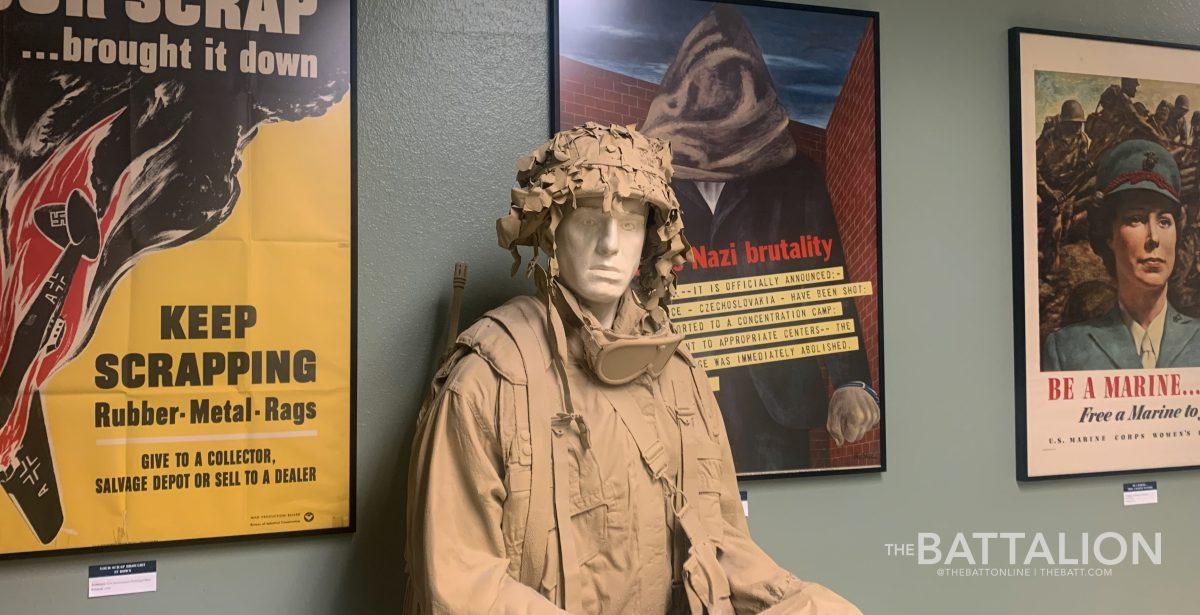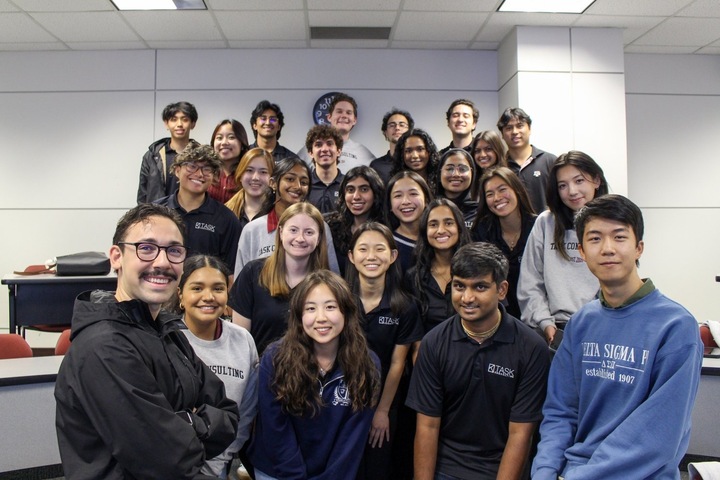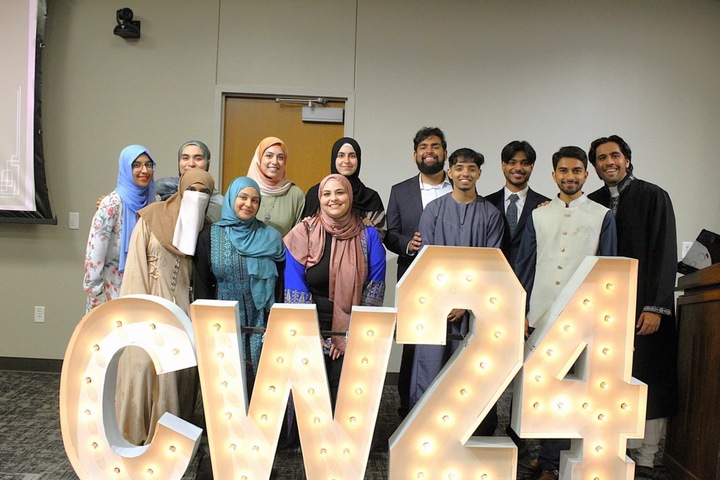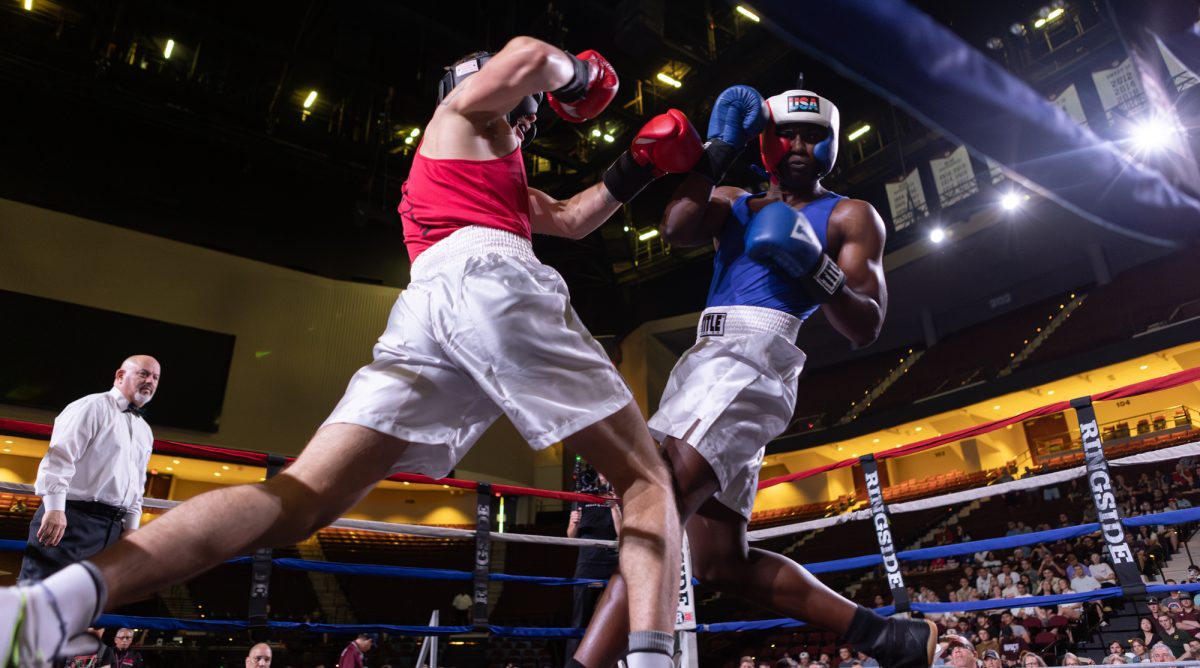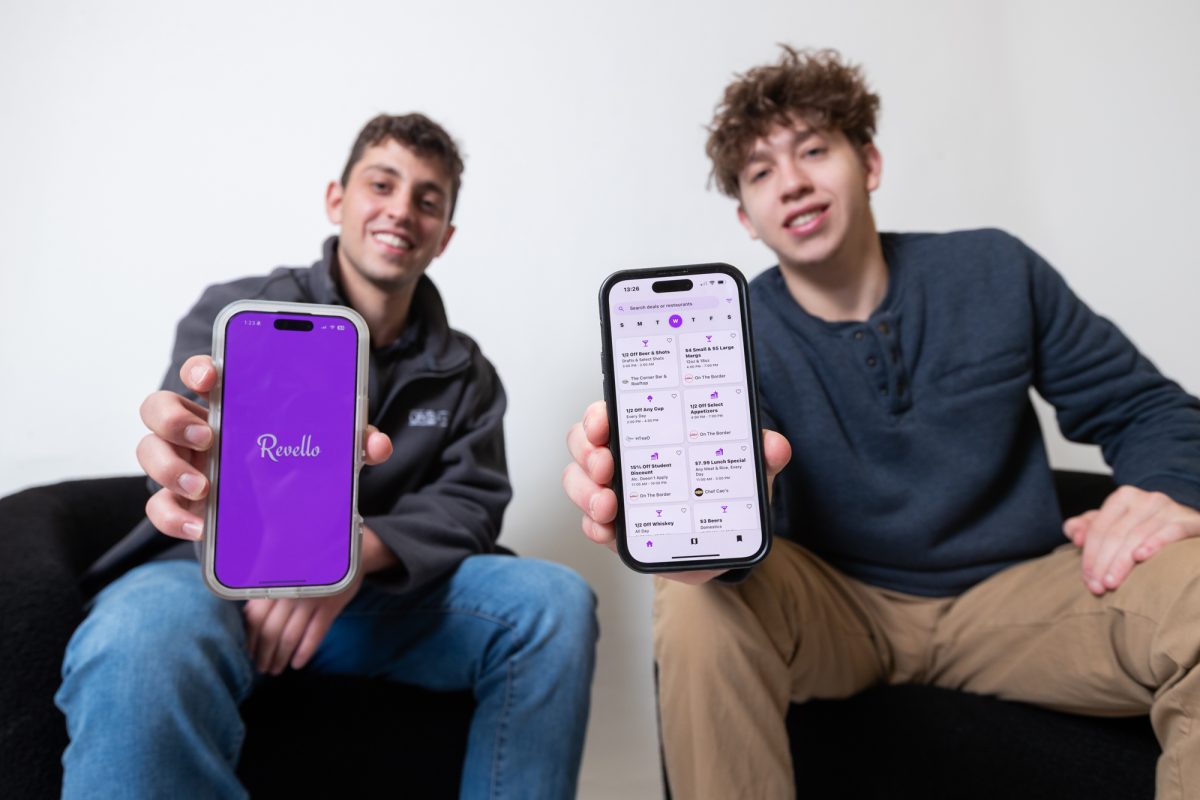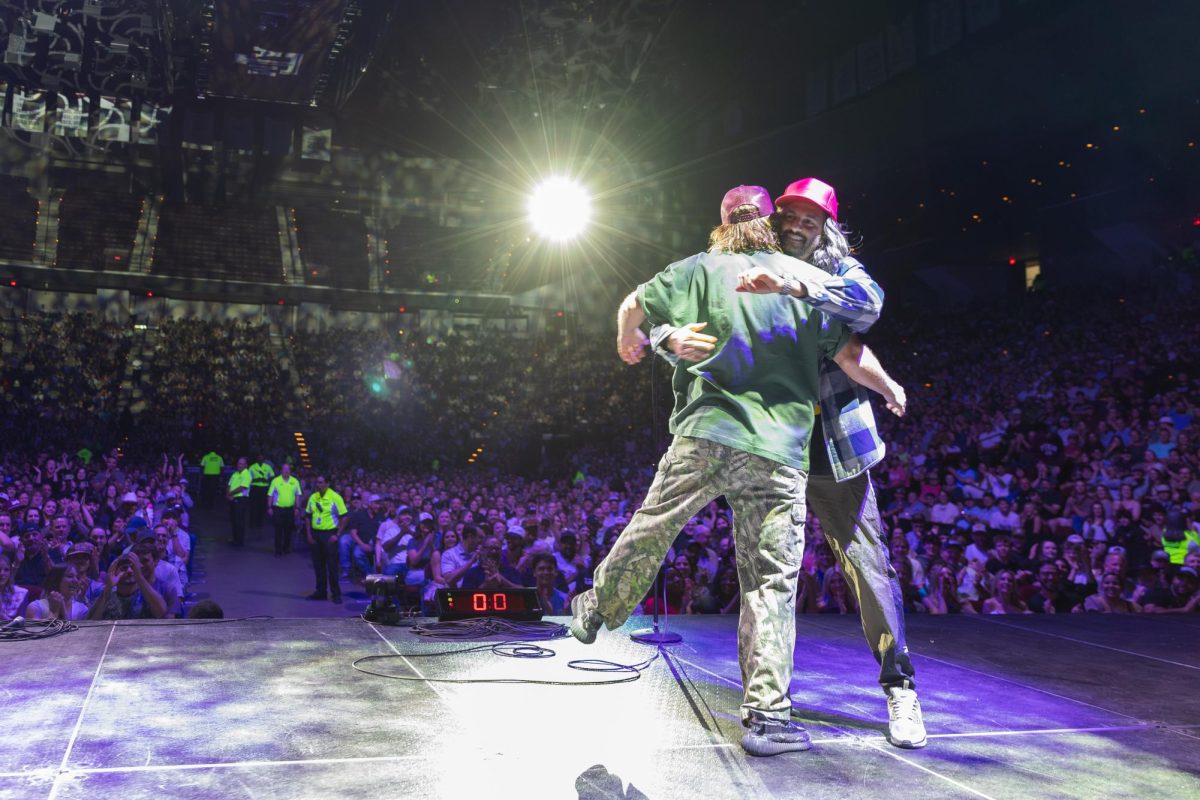To celebrate the 78th anniversary of D-Day on June 6, the Museum of the American G.I. is honoring the historical day with educational and fun activities for all ages.
Since 2001, the Museum of the American G.I., located off Highway 6, has been educating guests about American servicemen using authentic historical artifacts, including uniforms and tanks, with a goal of increasing appreciation of those who have served from World War I to present day, according to their website. The museum is open for visitors Wednesday through Saturday from 10 a.m. to 5 p.m. and Sunday from 12 p.m. to 5 p.m. The D-Day remembrance event will be at the Museum on June 11 and June 12 from 10 a.m. to 5 p.m.
History freshman Edward Delgado said he is excited to start his academic journey at A&M in the fall and, after touring the museum last year, was inspired to work at the museum..
“I visited and thought, ‘Wow, this place is awesome,’” Delgado said. “It’s something I’ve always wanted to do because I love [the history of] World War II and I figured I would ask for a job position to see if they had any openings. I applied around August and got the job.”
Delgado said he will be working inside the museum during the D-Day event and hopes visitors find connection within the exhibits, including Texas heroes and the history of the Aggie War Hymn.
“One of my favorite parts of the job is when veterans come in and tell their stories,” Delgado said. “Families will come together and enjoy the museum and it really allows people to connect in a way you don’t see elsewhere. It brings out the humanity in people.”
Leisha Mullins, Ph.D., is both retired biochemistry professor from Texas A&M and the executive director at the museum. Mullins said she looks forward to the D-Day remembrance event and the activities that are currently planned.
“We call it ‘Hands-on History’ because we have a lot of interactive activities for people to do, whether that’s young kids doing crafts, coloring pages or participating in local demonstrations,” Mullins said. “We always planned these types of activities inside the museum, so that also means it’s weather independent.”
The D-Day event is handicap accessible, Mullins said, and tickets can be purchased on-site with a discount for visitors who use cash and for those who served or are currently serving. Mullins said that once visitors buy tickets, they are allowed to stay for as long as they want.
“We want to make sure everybody can come. In fact, sometimes, we have veterans that actually participated in D-Day,” Mullins said. “We almost always have a couple of veterans that people can talk to and interact with, but if they wake up and it’s their bad day, there’s no obligation for them to come.”
D-Day was one the largest amphibious invasion from the United States, Mullins said, and assisted in liberating France from Nazi control, but there are some misconceptions about D-Day that Mullins hopes to educate about.
“It’s a place to get a dialogue started,” Mullins said. “For example, people tend to think D-Day was one day, but that was just the start. It took June through the beginning of July just to get really solid on the beach.”
Mullins said some visitors have family members who participated in D-Day or World War II and the event allows them a space to learn more and ask questions.
“A lot of people have connections to it through a relative who was part of the war,” Mullins said. “So they’ll come in and that gives them a chance to learn where that relative might have been or the role that relative might play in the big picture. It’s just a great time to help because, no matter how much you’ve studied it, there’s always something new to learn.”
History junior Joseph Finch said he wants to be a high school world history teacher and hopes to inspire a love of history in a classroom setting.
“It’s important to emphasize how those past events shape who we are now, especially with something as big as the world wars,” Finch said. “If someone knows that how they’re living today has been directly influenced by past events, I think it automatically makes a connection.”
Finch said he wants history curricula to educate students in innovative ways about difficult subject matter, such as World War II.
“I just hope, in the future, there’s more stuff to pique interest in certain historical topics,” Finch said. “I also want us to continually dive deeper into the mistakes that [the United States] made in the past, like Japanese internment camps, so that we can continue to avoid them.”
For more information on the D-Day remembrance event, visit the event website.




